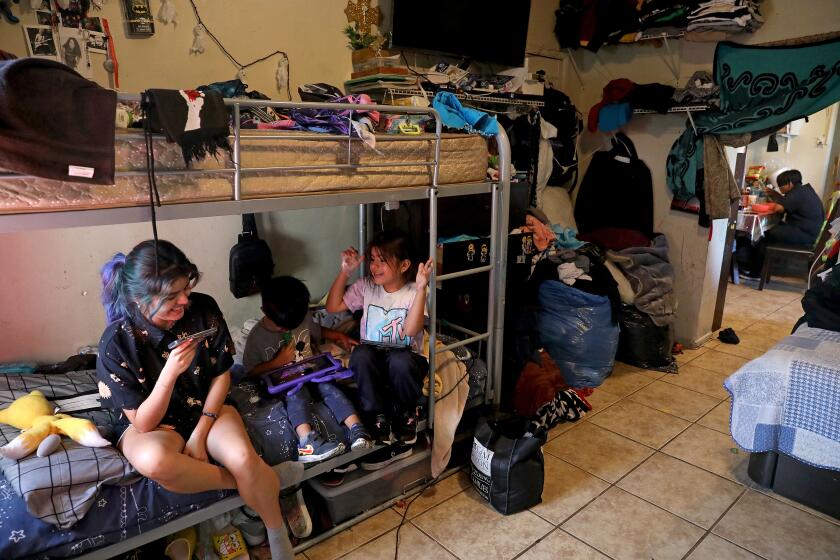Q&A: Can a homeowner association shift repair costs to owners?
Question: A water line broke in front of our condo unit. Part of the line led directly to our neighbor’s unit. The board told her to pay for the repair. But she blamed it on common property trees, so the homeowner association paid for it. Then a gas line leaked that led directly to another neighbor’s unit and the association made him pay for the repair.
Our covenants, conditions and restrictions list external pipes in the section defining common area, not exclusive use. Another CC&R section discusses utility rights: If any portion of such connection or line is damaged or destroyed by some cause other than negligence or willful misconduct (including ordinary wear and tear and deterioration from lapse of time) then the connection or line shall be restored by the board, the cost of repair and restoration will be part of the common expenses.
That paragraph is the association’s escape route around the law. What happens in the event of an act of God or force majeure? Isn’t there case law stating the association is responsible?
Answer: In the case of Dover Village Association vs. Patrick Jennison, the court found in favor of a homeowner in a similar situation. Prior to 2007, owner Patrick Jennison’s condo had been venting sewage through a deteriorated 4-inch cast iron sewage pipe 2 feet beneath the concrete slab underlying his Newport Beach condo. The leak seeped up into the floors and carpet of Jennison’s unit and the unit of another owner. Jennison’s tenant reported the leak to the association’s president, who called property management, who then sent a plumber to make repairs.
The repairs were extensive and costly. It was necessary to cut through Jennison’s floor, jackhammer the concrete slab underneath, trench out and replace more than 50 feet of sewer pipe connecting his condo with the main service line. A dispute arose as to who was responsible. The association sent Jennison a letter asserting that because the sewer pipe exclusively serviced his condo, it was his responsibility “to maintain and repair.” The letter directed him to pay more than $15,000 in repair costs, and when he didn’t pay, the association sued him.
The association relied on case precedent predicated on the fact that boards are given “deference” to their decision making. The association lost.
Justices relied on an interaction between the Common Interest Development Act and particular sections of rules set forth in the association’s own covenants, conditions and restrictions.
The court ruled that a sewer system is a series of interconnected pipes that ultimately feed into one common line. Differentiating parts of that interconnected system is unreasonable and the portion of piping coming from one unit is no more affixed to that unit than it is to the sewer system and other pipes or piping within that system.
The court ruled that the sewer pipe was a genuine “common area” to be maintained and repaired by the association, as distinct from “an exclusive use common area appurtenant” to an individual owner’s separate interest. Exclusive use common areas are defined in Civil Code section 4145.
The association also lost on appeal and shortly thereafter, perhaps to counteract the sting of the Dover case, effective Jan. 1, 2015, Civil Code section 4775 was created for the purpose of statutorily shifting classic association maintenance responsibilities over to the owner. Effective Jan. 1, 2017, Civil Code section 4775 broadens the scope of owner maintenance responsibilities to further include repairing, replacing and maintaining their property AND the exclusive use common area appurtenant to that property.
Once the law takes hold and/or governing documents shift the burden to individual owners, an act of God (destructive natural event) or a force majeure (overpowering force) will matter not.
Zachary Levine, a partner at Wolk & Levine, a business and intellectual property law firm, co-wrote this column. Vanitzian is an arbitrator and mediator. Send questions to Donie Vanitzian, JD, P.O. Box 10490, Marina del Rey, CA 90295 or noexit@mindspring.com.






